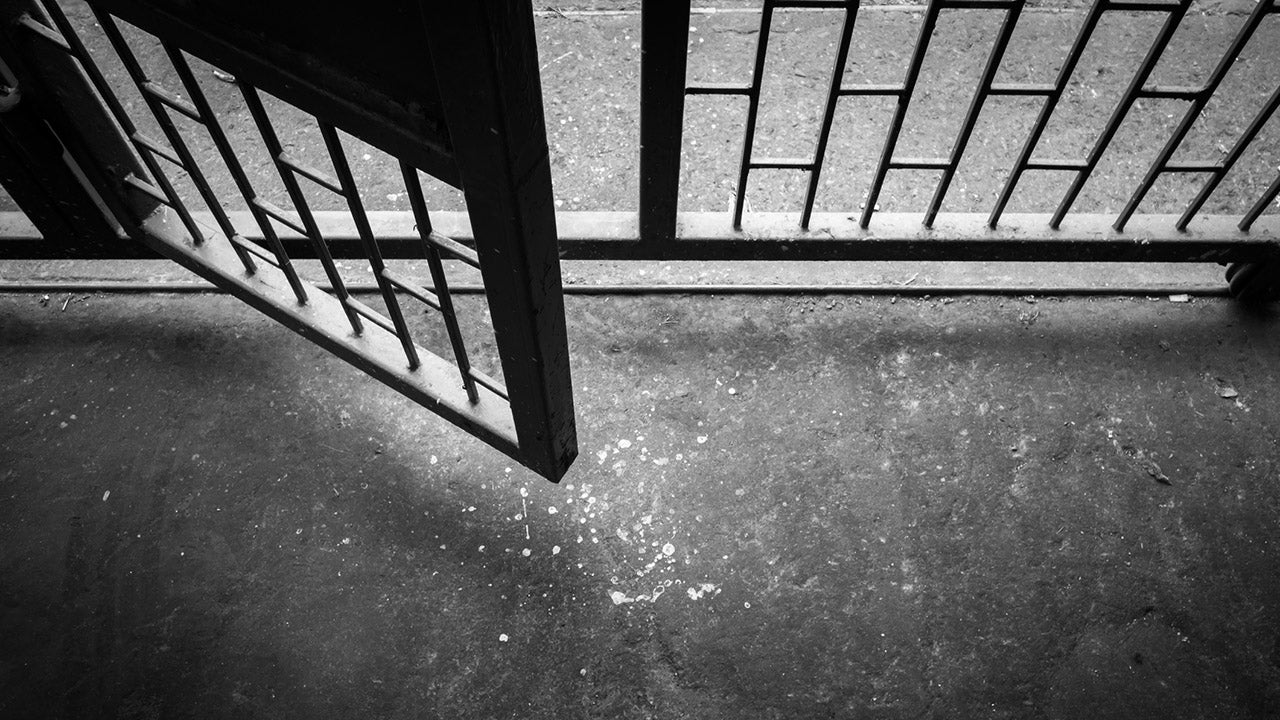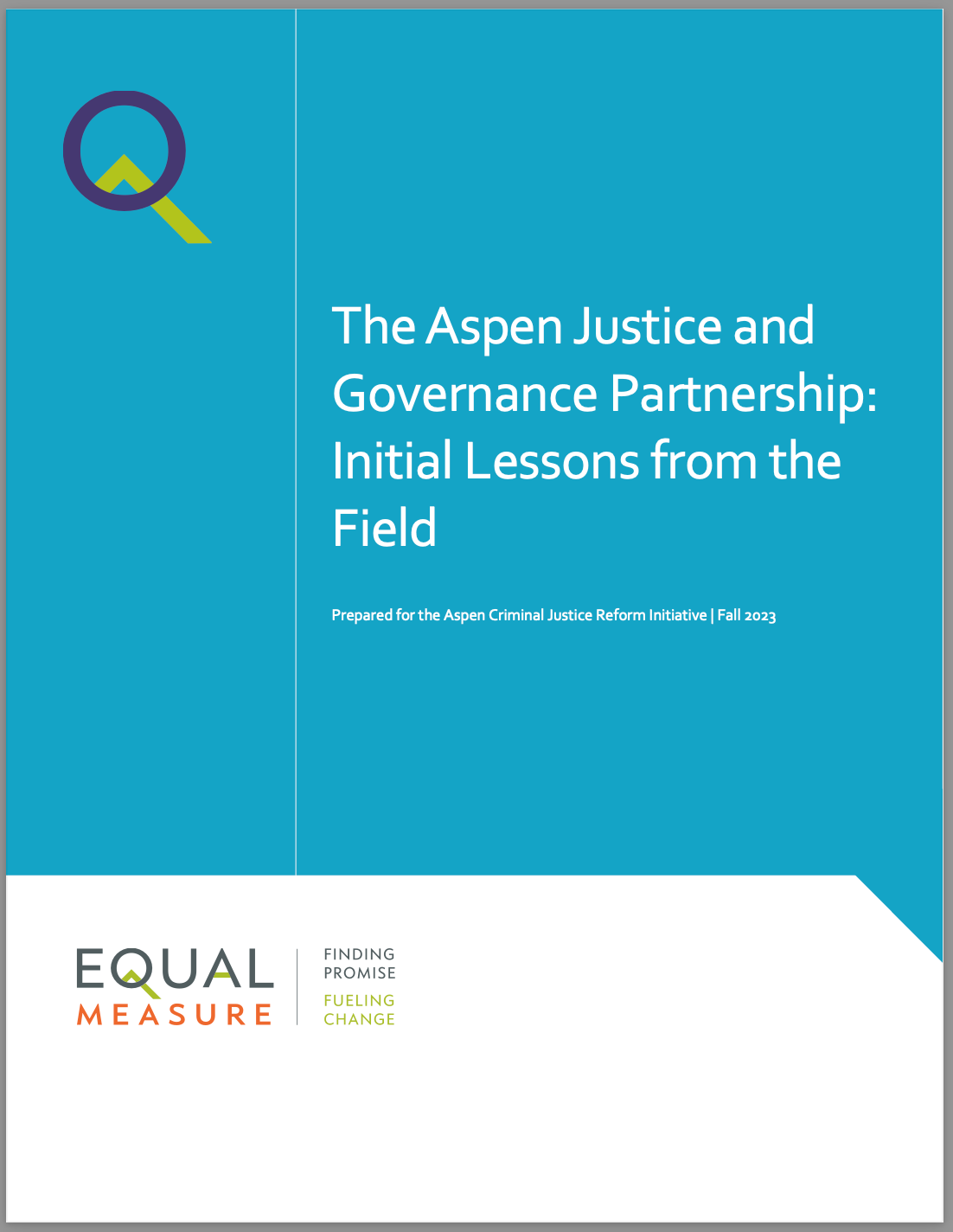Yesterday’s Supreme Court decision will disenfranchise nearly 1 million individuals in Florida. Denying people their right to vote due to unpaid debt is reminiscent of a Jim Crow era “poll tax,” continuing the systemic criminalization of the poor and people of color. Alarmingly, many returning citizens who have already registered to vote now risk being recriminalized if they attempt to follow a law that has been changed so suddenly. Making matters worse, this decision rejects the right of the people of a state to use the democratic process to restore the voting rights of fellow citizens; Amendment 4, the “Voting Rights Restoration for Felons Initiative,” had already passed with a supermajority.
This decision also risks creating a dangerous national precedent with severe consequences for many millions of Americans: one-fifth of the U.S. population has a criminal record and nearly 6.7 million adults are under correctional control, including 3.6 million on probation and 870,000 on parole. Many of these individuals are trapped in compounding, privatized cycles of debt, just one part of an ecosystem of inequities that puts up barriers to employment, housing, voting, and education. Disenfranchisement cements “second-class status” for returning citizens in Florida and undermines our entire system of democracy.


